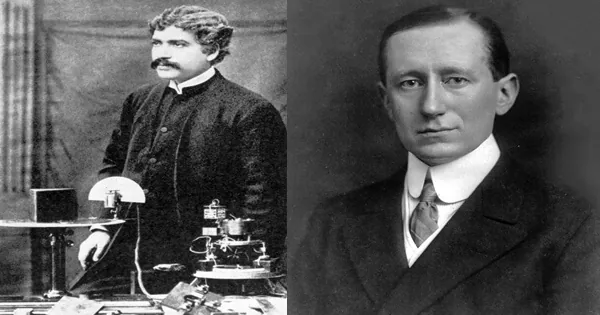
Marconi is attributed to the advancement of radio technology primarily because Bose deliberately chose not to patent his work. Marconi utilized Bose's scientific contributions to achieve the historic feat of sending the inaugural transatlantic radio signal in 1901.
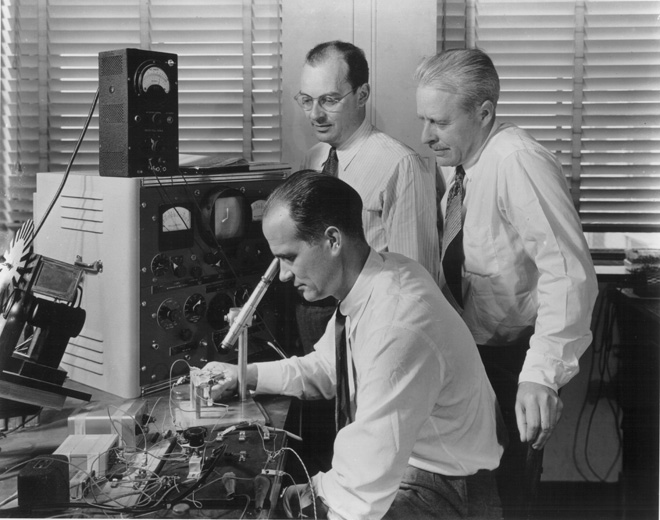
VLSI began in the 1970s with the development of metal oxide semiconductor (MOS) integrated circuits. MOS chips were smaller and more efficient than earlier bipolar junction transistor (BJT) chips, and they allowed for the integration of more transistors on a single chip.
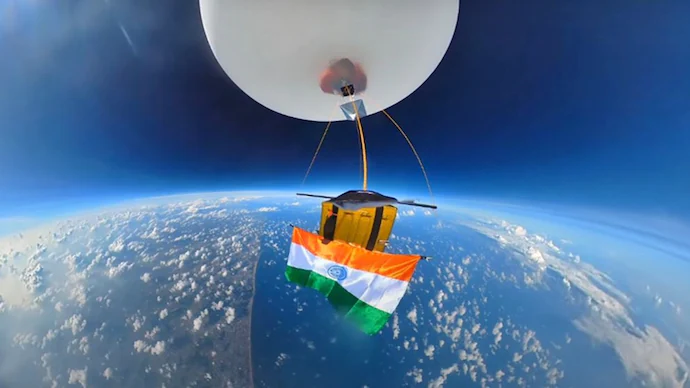
These 9 films tell the stories of Indian pioneers who have made a lasting impact on our nation. From scientists and mathematicians to artists and activists, these individuals have defied the odds and achieved great things. Their stories are sure to inspire and motivate you to be a pioneer in your own life.
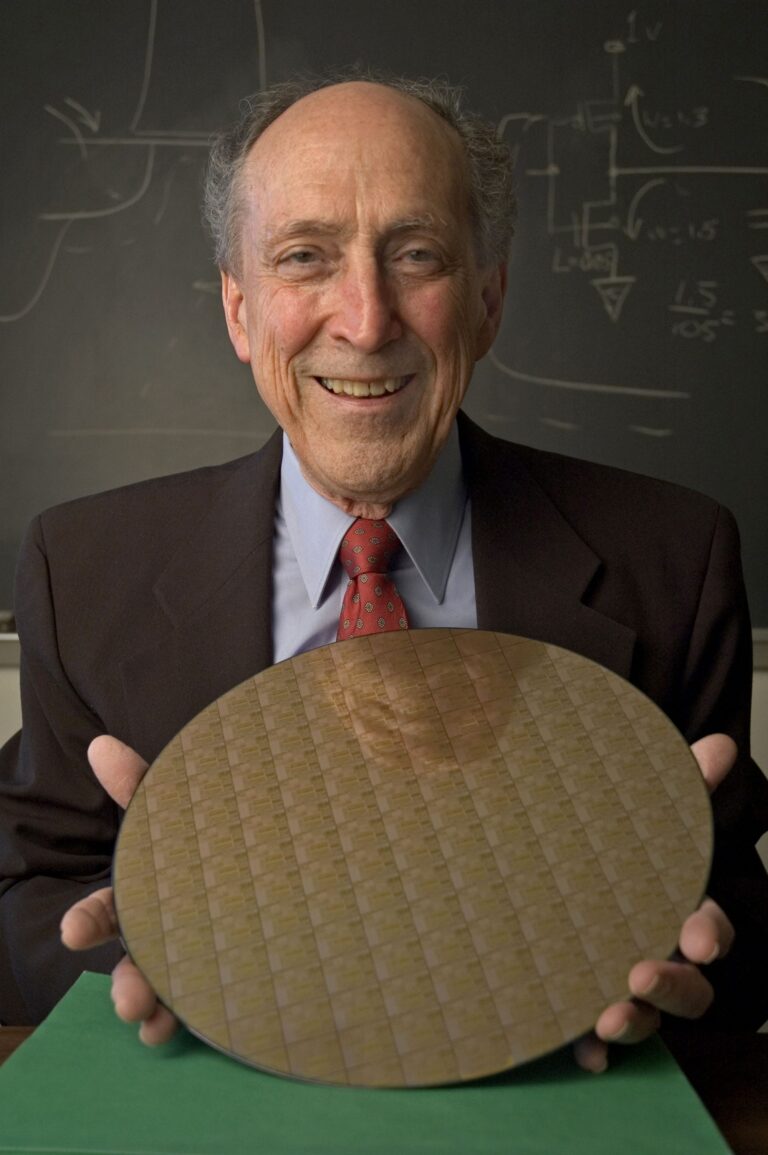
Moore's Law makes gadgets more powerful by adding more switches, and Dennard Scaling keeps them energy-efficient by making them smaller. Together, they've given us devices that are faster and better, without draining too much energy.
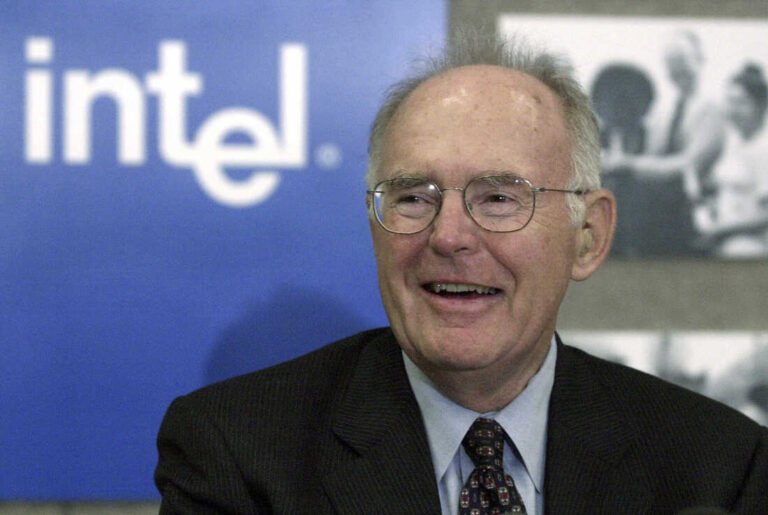
Gordon Moore co-founded Intel in 1968 and developed Moore's Law, which predicted that the number of transistors that could be placed on a computer chip would double every year. This prediction has held true for over 50 years, and it has helped to make Intel the leading manufacturer of microprocessors.
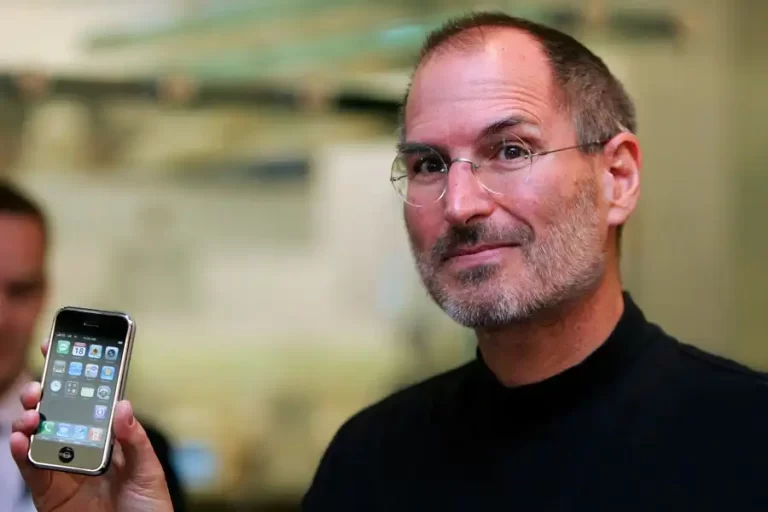
Steve Jobs is often credited with revolutionizing the personal computer industry, but he also had a major impact on the semiconductor industry. Jobs's focus on miniaturization, efficiency, and innovation helped to drive the development of new semiconductor technologies that have had a major impact on the world.






